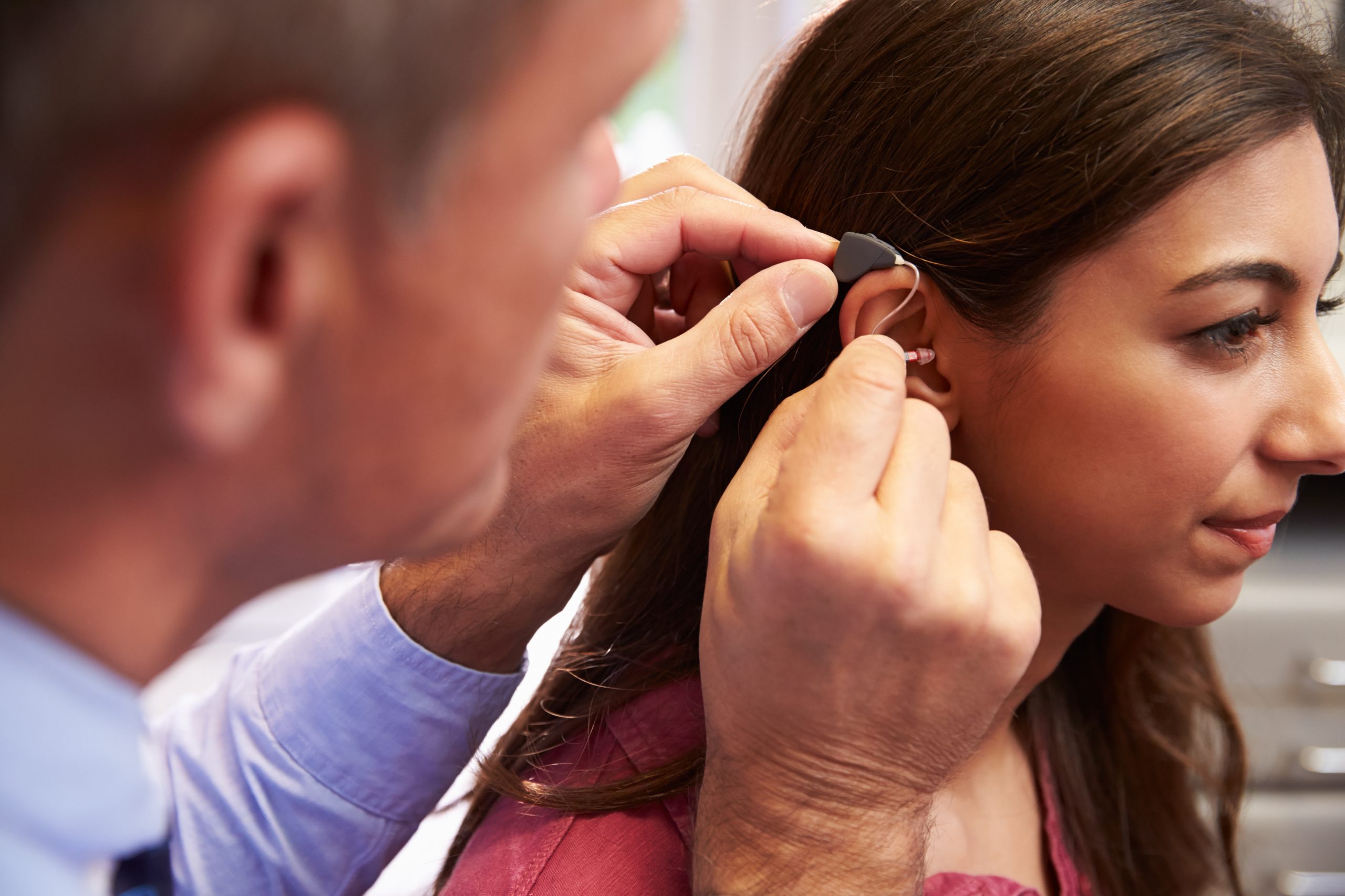Audiological assessments play a crucial role in the comprehensive evaluation and management of hearing health at the Hearing Care in Fort Worth, Texas. Hearing Care Center assessments provide valuable information about an individual’s auditory function, enabling audiologists to diagnose hearing loss, determine its underlying causes, and develop personalized treatment plans tailored to each patient’s unique needs.
Types of Audiological Assessments:
- Pure-Tone Audiometry:
Pure-tone audiometry involves measuring an individual’s hearing sensitivity across a range of frequencies (usually from 250 Hz to 8,000 Hz) using headphones or insert earphones.

This assessment helps audiologists determine the degree, type, and configuration of hearing loss by identifying the softest sounds that a person can hear at different frequencies.
- Speech Audiometry:
Speech audiometry assesses an individual’s ability to understand speech sounds in both quiet and noisy environments.
Various speech tests, such as speech recognition thresholds (SRT) and word recognition scores (WRS), are administered to evaluate how well a person can perceive and discriminate speech sounds.
- Tympanometry and Acoustic Reflex Testing:
Tympanometry measures the movement of the eardrum and middle ear system in response to changes in air pressure, providing information about middle ear function and the presence of conditions such as otitis media or eustachian tube dysfunction.
Acoustic reflex testing assesses the integrity of the acoustic reflex pathway, which involves the contraction of middle ear muscles in response to loud sounds.
- Otoacoustic Emissions (OAEs):
OAEs are sounds generated by the cochlea in response to external stimuli, such as clicks or tones.
OAE testing evaluates the function of the outer hair cells in the cochlea and can help identify cochlear damage or dysfunction, making it a valuable tool in newborn hearing screening and diagnostic assessment.
Role of Audiological Assessments in Hearing Care:
- Diagnosis and Characterization of Hearing Loss:
Audiological assessments provide essential diagnostic information to determine the type, degree, and configuration of hearing loss, guiding treatment decisions and interventions.
- Treatment Planning and Rehabilitation:
The results of audiometric tests inform the development of personalized treatment plans, which may include hearing aid fittings, assistive listening devices, auditory rehabilitation programs, or medical referrals.
- Monitoring Hearing Health:
Regular audiometric evaluations enable audiologists to monitor changes in hearing status over time, track the progression of hearing loss, and assess the effectiveness of interventions.
Conclusion:
Audiological assessments are fundamental components of hearing care at the Hearing Care Center in Fort Worth, Texas, providing valuable insights into an individual’s auditory function and guiding evidence-based interventions to improve hearing health and quality of life. By conducting comprehensive evaluations and employing advanced diagnostic techniques, audiologists empower patients to take proactive steps toward optimal hearing outcomes and auditory wellness.

